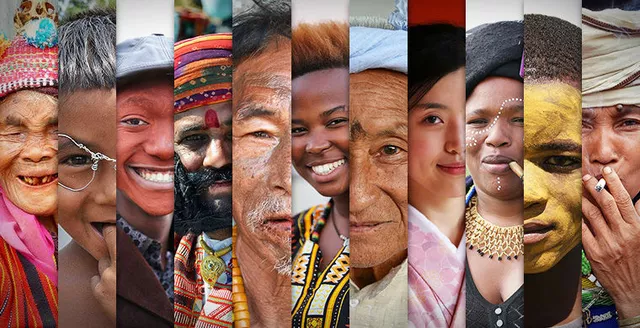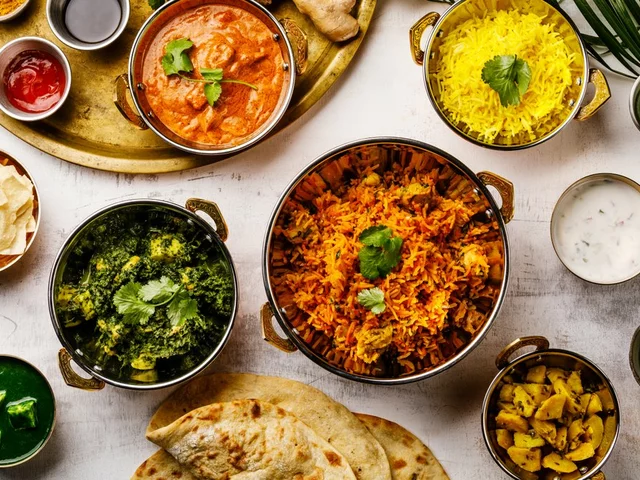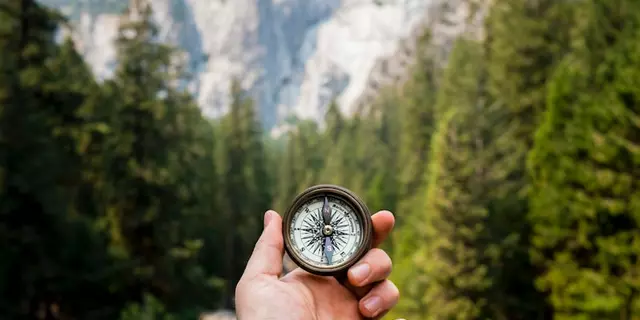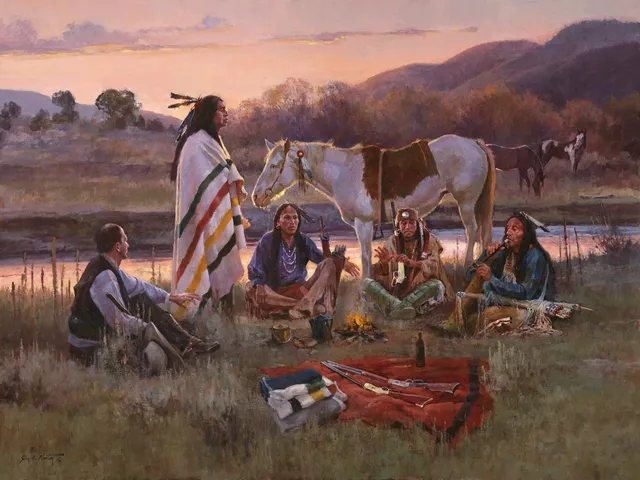Indian Liberals: Who They Are and What They Stand For
Think Indian liberals only argue in university seminars? They shape debates across media, courts, colleges, NGOs and social feeds. This group is not a single club. It includes activists, journalists, lawyers, artists, students and everyday citizens who care about open debate and minority rights. Most Indian liberals value secularism, civil liberties, free speech and equal opportunity. They disagree about methods and policies, but often agree on defending pluralism and the rule of law.
Indian liberalism mixes social concerns with a belief in individual rights. Some members push for stronger welfare and progressive taxes. Others focus on reducing state overreach and protecting dissent. That split matters during elections and public controversies. It explains why the label "liberal" can mean different things to different people.
Common issues Indian liberals focus on
Free speech and press freedom rank high. When voices are silenced or journalists threatened, liberals often demand transparency and legal protection. Secularism and minority rights are constant topics too. Many liberals resist policies they see as privileging one religion over others. Civil liberties like privacy, fair police procedures and protest rights are active concerns. Economic debates also appear — some argue for market reforms, others for stronger social safety nets. Environment, education and gender equality round out the list.
Indian liberals also use courts and institutions as tools. Public interest litigation, legal defenses and rights-based campaigns are common tactics. Media commentary, research reports and street protests are other ways to influence policy and public opinion. That mix of legal, media and grassroots tactics defines much of liberal activism in India today.
How to read or join the conversation
If you want to understand Indian liberal views, start by following diverse voices not just one channel. Read legal judgments, civil society reports and opinion pieces across the spectrum. Ask simple questions: who benefits from this policy, who loses, and what rights are at stake? When debating, focus on facts and concrete examples rather than slogans. If you want to get involved, volunteer with a local rights group, support independent media, or join community discussions.
Expect disagreements within liberal circles. That’s normal and often productive. The aim is usually to protect institutions that let all citizens speak and live freely. Whether you agree or not, knowing the main arguments helps you join smarter conversations about India’s future.
A few myths cloud public talk: people assume all liberals oppose tradition, or that they are elite. Reality is different. Many liberals argue for updating traditions so they work for more people. Others come from small towns and focus on local issues like schools and water. Watch for performative gestures — loud slogans with no follow up — and prefer groups that publish results, legal wins or community work. If you want to test an argument, check court records, government data and credible NGOs. Small steps matter: write to your local representative, attend town meeting, or back a local campaign that protects rights you care about.
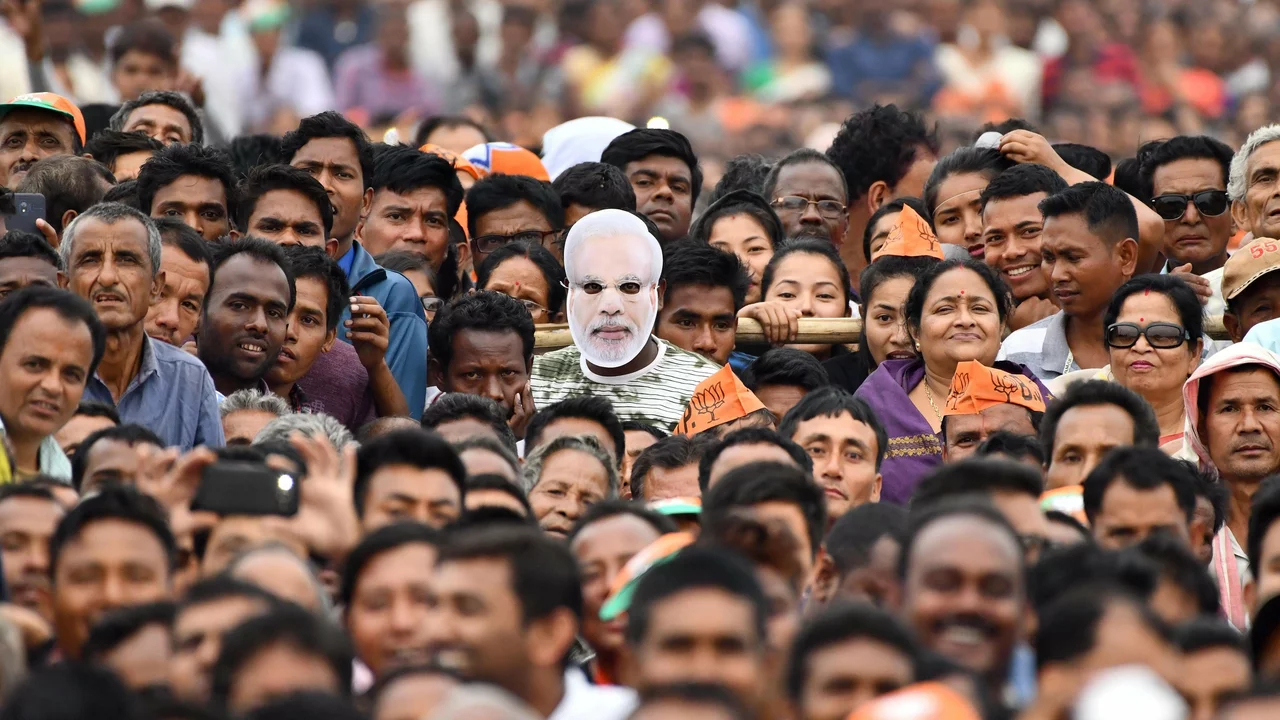
Hey there, folks! Let's have a quick chat about Indian Liberals, shall we? Imagine a spicy curry dish, but instead of spices, it's filled with a blend of progressive ideas and social equality - that's your Indian Liberal right there! They're like the sassy Bollywood dance routines of the political world, adding a bit of color, drama, and let's not forget, some serious rhythm to India's political arena. At the end of the day, they're just folks trying to make the world a better place, one democratic dialogue at a time - sounds like a blockbuster movie plot, doesn't it?
Continue Reading

